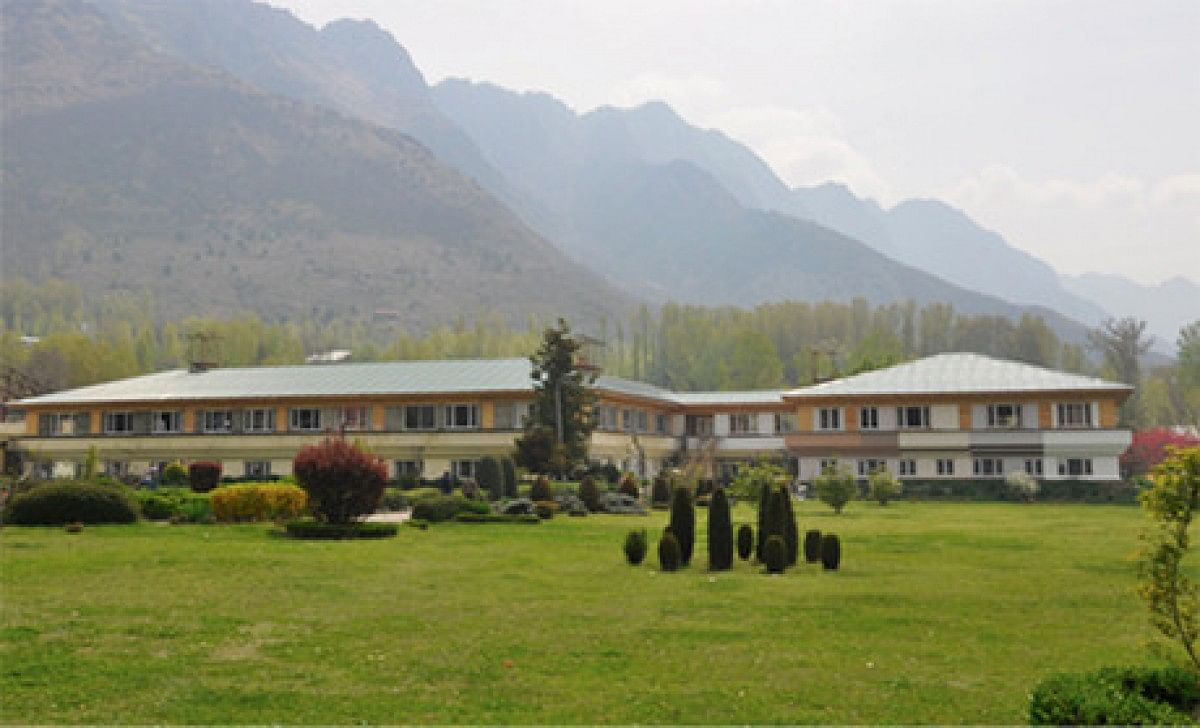World Veterinary Day is a day dedicated to recognizing the critical role that veterinarians play in animal health and welfare, as well as public health. Observed annually on the last Saturday of April, World Veterinary Day is an opportunity to celebrate and appreciate the hard work and dedication of veterinarians around the world. This day also provides a platform to raise awareness about the important contributions of veterinary professionals in protecting animal health, ensuring food safety, and preventing the spread of zoonotic diseases.
It was first observed on April 28, 2000, as an initiative of the World Veterinary Association (WVA).The WVA is a non-profit organization that represents the veterinary profession globally, with a mission to promote animal health and welfare, as well as public health. The idea of World Veterinary Day was proposed by the WVA as a means to increase public awareness of the important work that veterinarians do and to recognize their contributions to society.
Since its inception, World Veterinary Day has been observed annually on the last Saturday of April. Each year, the WVA selects a theme for World Veterinary Day, which is intended to reflect current issues and challenges facing the veterinary profession globally. The themes are designed to promote awareness, education, and action on topics related to animal health, welfare, and public health.
Over the years, World Veterinary Day has gained significant momentum, with events and activities organized by veterinary associations, animal welfare organizations, and other groups around the world. These events range from public seminars and educational campaigns to veterinary clinics and outreach programs. World Veterinary Day has become an important platform for promoting the veterinary profession, raising awareness about animal welfare and public health, and highlighting the critical role that veterinarians play in society.
In addition to conduction of research in animal health sector, a veterinarian is contributing in various ways to create a common response to the pandemic. Veterinarians in many countries have shown their commitment to support the work of health authorities by participating in activities such as, monitoring, detection, and assisting health services with diagnostic capabilities. Some veterinary clinics have donated vital supplies such as personal protective equipment, ventilators, concentrators and fans. Veterinary professionals have also volunteered in hospitals and laboratories when human resources were insufficient.
The COVlD—19 pandemic has presented us with a once in a lifetime opportunity to unite lives. Veterinarians have never been out of service and in these challenging times veterinary medicine has advanced significantly and rapidly, which has demonstrated the ability of veterinarians to cope, adapt and maintain their leadership roles in animal and public health crisis.COVlD-19 has reminded us that we are one and the opportunity has come to realign our health policy. Currently, various sectors such as medicine, pharmaceuticals and veterinary medicine provide direct health services, while other related sectors such as agriculture, forestry and the environment provide an indirect service to animals and humans. In the current Covid-19 crisis, where everything looks bleak, a glimmer of hope is visible through the collaborative and coordinating efforts of professionals from various fields to contain pandemics. Veterinary laboratories are operating day and night during the ongoing pandemic. Numerous veterinary immunologists, virologists with medical training have made a remarkable contribution to cope with the current situation with their research, diagnosis and vaccine preparations, etc. The veterinary services have also helped to build a joint response to the pandemic. Veterinarians in many countries have shown their commitment to support the work of health authorities.
Sometimes when scientists around the world are working hard to develop a vaccine to prevent COVID-19, the Gujarat Biotechnology Research Centre (GBRC) managed to sequence the entire COVID-19 genome under the guidance of Dr. CG Joshi, Director of GBRC, an imminent veterinarian. The entire genome will play a critical role in tracking origins, drug targets, vaccines, and associations with virulence. Many veterinary universities became corona centres in order to counter the lack of beds in medical hospitals. They also continued online teaching so that the career of the students must not suffer.
Veterinarians around the world are committed to understand the ecology of emerging zoonotic diseases between animals and humans. COVID-19 is of animal origin and requires a concerted effort from veterinarians and medical professionals to resolve these issues. The need for a vaccine has also been met, but it is important to mention that the vaccine is not completely effective against infections, it can only protect us from dangerous effects, reduce hospital stay thereby causing less stress on health workers. The second COVID wave has also set priorities in the veterinary sector to monitor the public and animal health through the following services:
- Preventive measures, especially vaccination campaigns.
- Education and research in vocational subjects so that students do not suffer.
- Effective use of veterinarians through their specialization as microbiologists, biotechnologists for COVID—19 tests and their expertise in vaccine preparation.
- Use of outreach staff to impart knowledge to the population.
Putting simply, veterinarians are selfless scientists who care not just about innocent creatures, but society as a whole. The unprecedented nature of this pandemic and the mysteries surrounding the virus require new and innovative approaches to combat it, these will only be developed through sectoral cooperation and joint actions against diseases, by participating in activities such as surveillance, screenings and analysis of human samples, so as to make diagnostic capabilities more productive. The veterinary hospitals and clinics not only donate important materials for personal protection but also help in reducing the stress on frontline workers.
Veterinarians have also volunteered in hospitals and laboratories when human resources were insufficient. In some countries, animal epidemiologists have supported their counterparts in public health response to track human diseases and help develop effective public health interventions in controlling the pandemics. In addition to crisis management efforts, it should not be forgotten that the activities of the veterinary services daily contribute to meeting critical needs that are seriously challenged in the current circumstances: food security and livelihoods are inextricably linked to solid animal production systems which can only be addressed with the help of veterinarians.
(The Author is Dean, Faculty of Vet. Sciences & AH, SK University of Agricultural Sciences & Tech of Kashmir, Shuhama (Alusteng) Campus, Srinagar)








